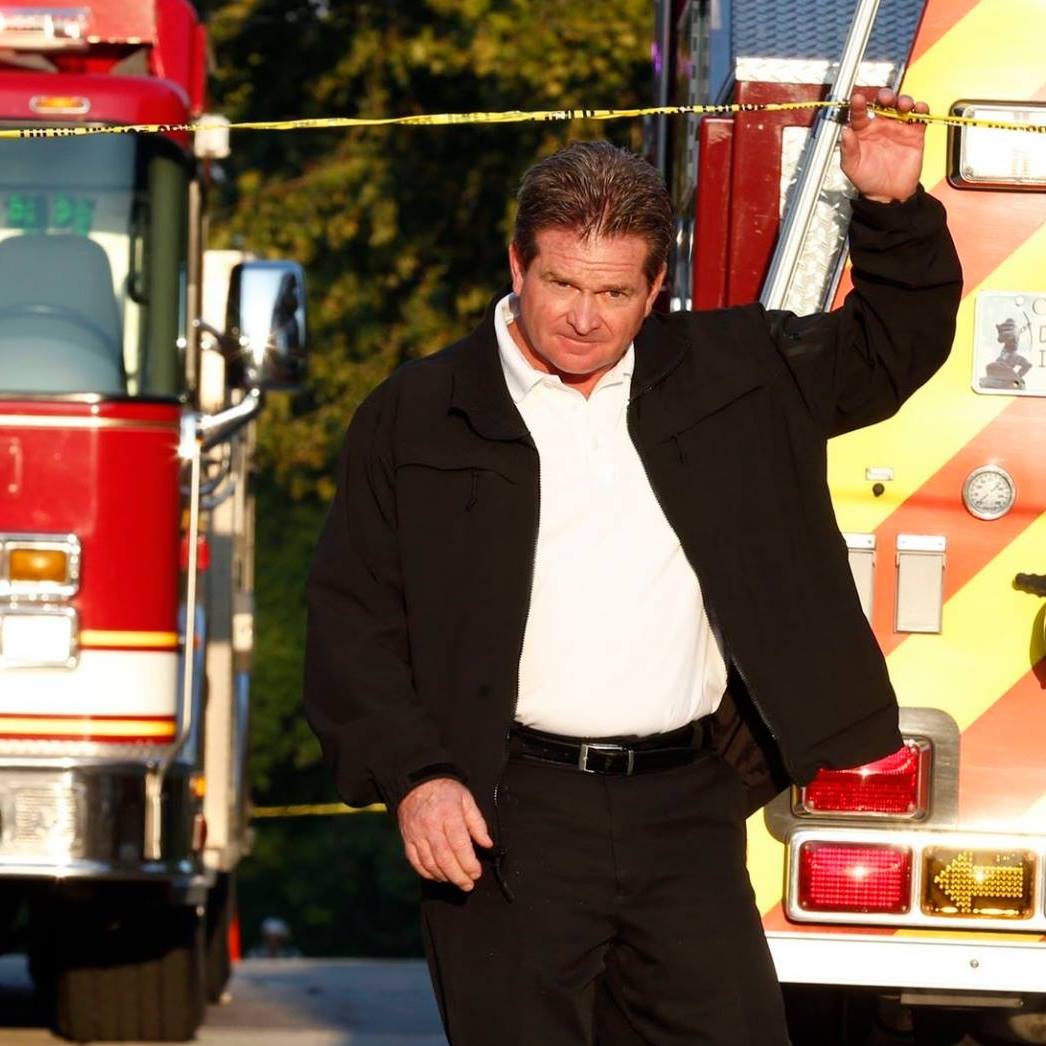Legislation to extend basic collective bargaining rights to fire fighters and emergency medical personnel in all 50 states has been introduced in the U.S. House by Representatives Dan Kildee (D-MI) and Brian Fitzpatrick (R-PA). The bipartisan Fire Fighters and EMS Employer Employee Cooperation Act, HR 2586, is expected to be advanced by the House Education and Labor Committee and the full House of Representatives in the coming months.
“Fire fighters and emergency medical personnel deserve to have a say in their own health and safety and that of the people they protect,” says General President Edward Kelly. “This important legislation will guarantee that we protect our members and their families in all 50 states, including for the nearly 80,000 fire fighters and EMS personnel currently lacking such rights, and provides a needed voice for our hard-working members who dedicate their careers to keeping their communities safe.”
Many IAFF members live in jurisdictions in which these rights currently exist but are one election away from having them seriously threatened. This legislation will act as a backstop for those whose rights could be taken away while at the same time respecting state laws already on the books. Nothing in the Cooperation Act would supersede state laws that exceed the provisions of the bill. This legislation also gives members who work every day in jurisdictions that do not provide full bargaining rights a much-needed standard for employer and employee cooperation.
The Cooperation Act outlines five essential rights for all employees, including the right to form and join a union; have a contract; ensure the contract is enforced; bargain over wages, hours and terms of employment; and have a dispute resolution mechanism. Under the bill, states that do not comply with these basic rights will have two years to do so. The Federal Labor Relations Authority, an agency with a proven track record of handling labor disputes, will then have jurisdiction to ensure workers are provided these necessary rights.
The bill’s introduction marks a crucial next step in the IAFF’s continued commitment to fight for basic collective bargaining rights for all fire fighters and emergency medical personnel. We will continue to provide updates as the Cooperation Act advances in Congress.



